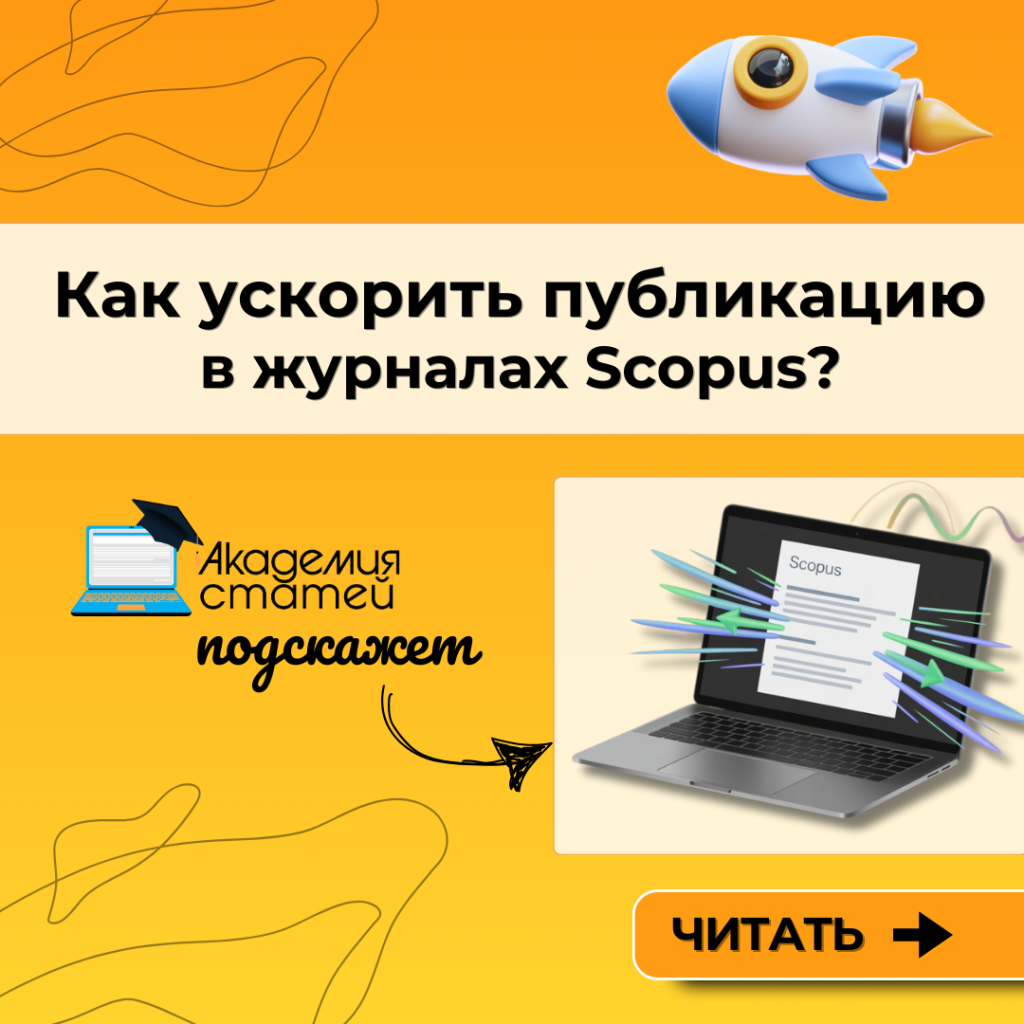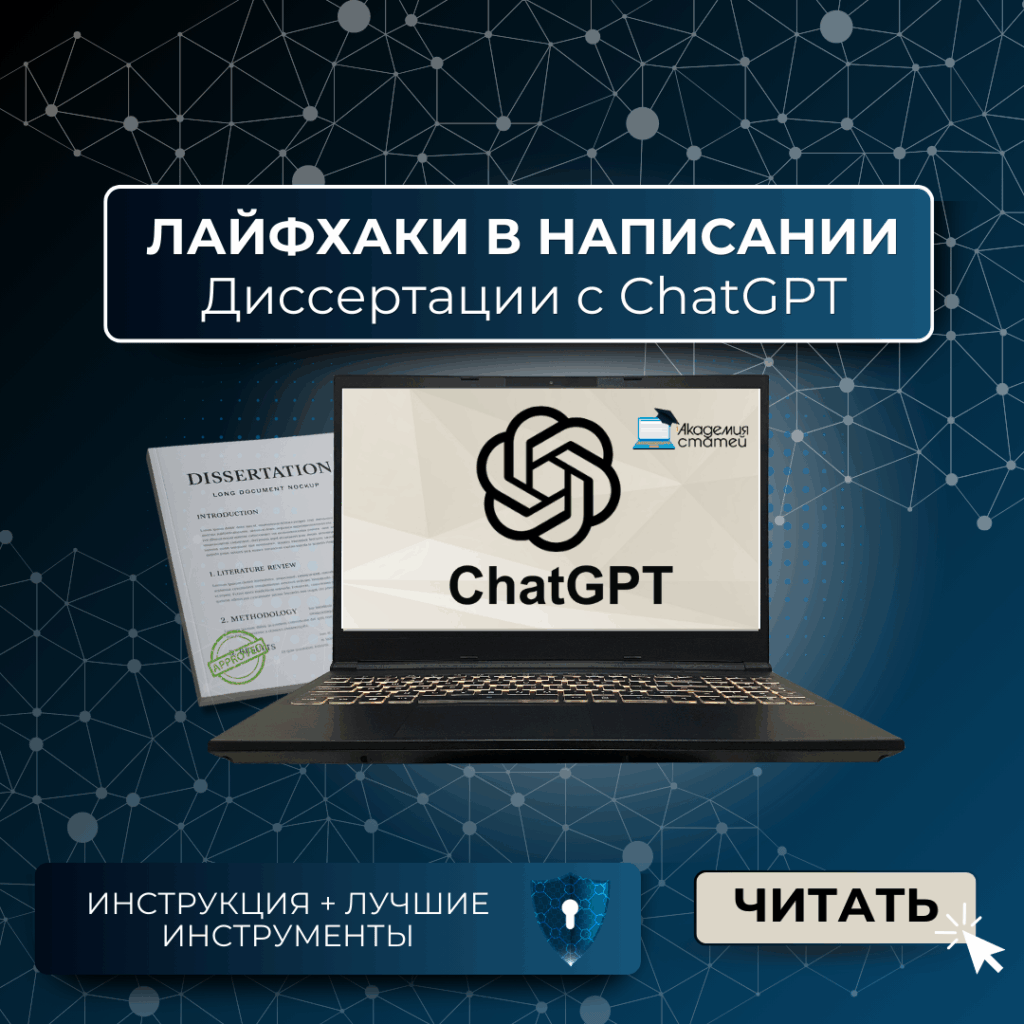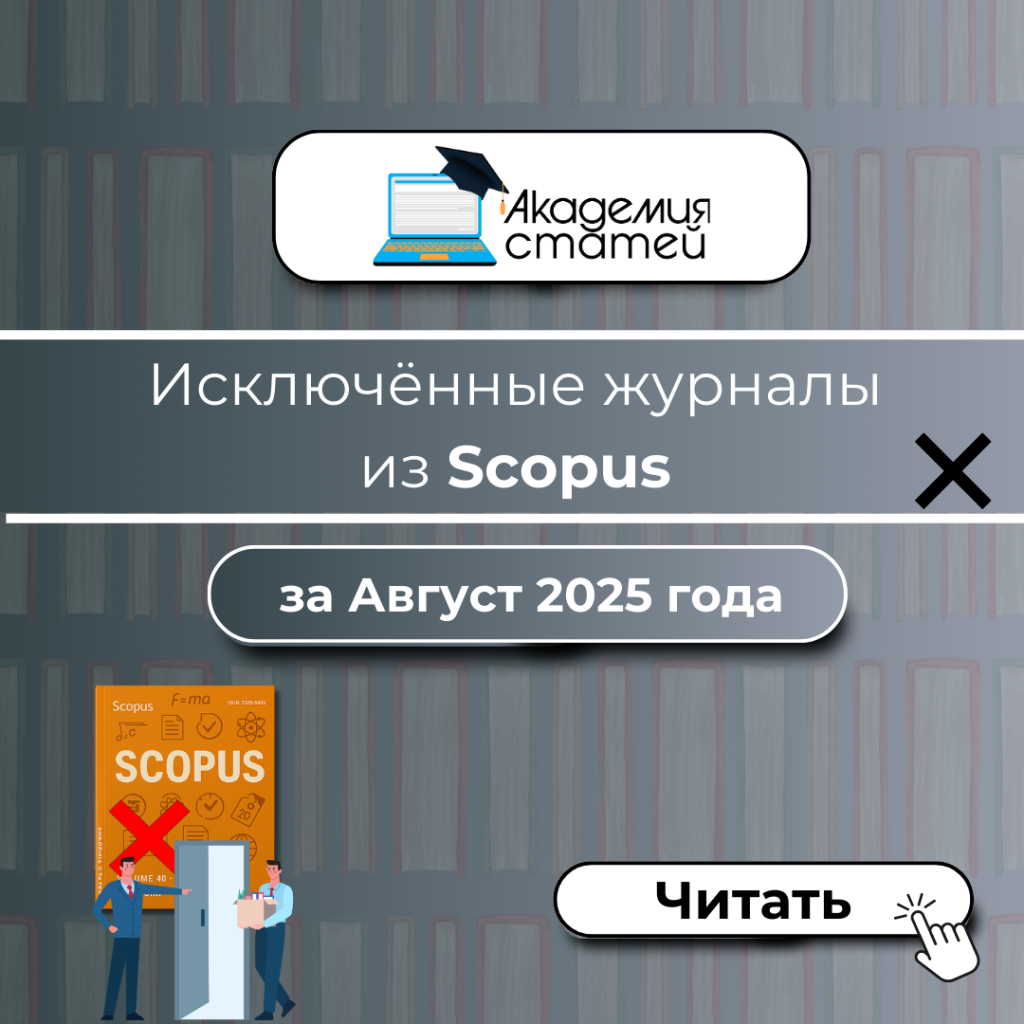Scientific publications – one of the most important components of a scientist's professional self-fulfillment. It's crucial to know what these publications should be like to be accepted by a reputable journal indexed in globally recognized scientometric databases. Equally important is choosing the right publication itself, ensuring that its subject matter and specifics fully correspond to the publication's focus and topic.
- Web of Science and Scopus: What are their features and differences?
- Web of Science and Scopus Publications: Expectations and Reality.
- Why is it more difficult to get into WoS than Scopus?
- Why WoS May Not Live Up to Expectations.
- Are WoS publications required to defend a PhD dissertation?
- Scopus or Web of Science: where to publish a scientific article.
Web of Science and Scopus: What are their differences and differences?
Web of Science and Scopus Scopus is a younger database, but its rapid growth has earned it the title of world leader in terms of scale and volume of content. To navigate the search for materials and suitable journals indexed in Scopus, researchers should understand the percentile and quartile system. This system determines how a publication will be displayed, its ranking for articles on a particular topic, and whether it makes sense to collaborate with a particular journal.
The Web of Science database is older than Scopus. It is the second-largest in the world in terms of the volume of content it stores. It can be said that the Web of Science and Scopus are two giants of the scientific field, used as references by scientists worldwide.
Although Web of Science is more difficult to access, materials there are generally indexed faster than in Scopus.
Web of Science and Scopus Publications: Expectations and Reality
Sometimes researchers just starting out consider whether they should publish their materials in the Web of Science, given its potential cost. Experts say the results can vary greatly, as they depend on how carefully the researcher approaches the matter and understands how the database functions.
The Web of Science has been operating since 1961. It comprises approximately 250 categories alone. This resource is characterized by a fairly rigorous content selection system. This ensures that the database includes high-quality scientific materials. Consequently, the Web of Science has an undisputed reputation among specialists in various fields of science worldwide. This database may be of interest to:
💡scientists;
💡teachers;
💡graduate students and all those who belong to the world of science.
This database publishes research from all continents, and covers a total of 120 countries.
One of the common myths about the Web of Science platform is that it is supposedly purely technical. This is not true. The database is multidisciplinary and quite versatile. Its authority is the reason why many members of the scientific community are eager to publish materials in it.
When considering the Web of Science in terms of expectations and reality, young researchers often perceive publishing on this platform as something easy and something that will immediately bring them many additional benefits for their future research. However, this approach overlooks one important factor: careful selection of materials. If an article is not relevant, it may simply not be included in the Web of Science. If we consider Scopus in this context, publishing your material there is somewhat easier, although there are also a number of selection criteria. It is likely this factor that contributed to the Scopus database's rapid growth, launched in the 2000s, to the status of the largest in the world.
Why is it harder to get into WoS than Scopus?
There are several criteria that make it more difficult to get into the Web of Science than Scopus. At the same time, there are also a number of challenges for scientists. These include:
💡more rigidly structured editorial policy;
💡high price range;
💡English-language orientation;
💡difficulty of navigating this Internet resource;
💡deeper citation and retrospective analysis;
💡lack of accounting for articles in Ukrainian and Russian, which negatively impacts citation.
It's worth examining each of these factors in more detail. As for the high price range, it's truly impressive. The average price per publication exceeds $500. In some cases, it can even reach three figures.
English-language orientation presents a challenge for Ukrainian scholars, especially given that not all researchers speak English. When preparing materials, they sometimes have to rely on translators, who are also hardly inexpensive when it comes to highly specialized translations.
Navigating the site isn't easy. Its internal search engine is quite confusing. Inexperienced users may initially feel lost and fail to find the materials they're looking for. In this case, it might be a good idea to ask more experienced colleagues for help.
The platform's prestige, on the one hand, attracts scientists, and on the other, sets a high bar to which specialists are forced to strive.
Why WoS May Not Live Up to Expectations
Among the common errors that underlie the unjustified expectations and unsuccessful experiments of some researchers are:
- Incorrect choice of publication. This applies to cases where the title and focus of a publication conflict with the topic of the researcher's work. For a publication to appear relevant, it must adhere to the publication's focus and editorial policy. Sometimes researchers neglect this requirement and then lament the fact that their relevant and truly high-quality publication is rejected by the platform.
- Plagiarism. To avoid this problem, it's best to check your material using several programs simultaneously. Indeed, in the scientific world, it's often impossible to replace important terms with synonyms or paraphrase common phrases. However, it's important to keep the percentage of so-called plagiarism within the permissible limit. Therefore, it's important to check your material thoroughly, even if you haven't intentionally borrowed someone else's ideas or content fragments as your own.
- The irrelevance and fantasy of the topicModern science is characterized by a pragmatic approach. Research and ideas that can truly be useful in a practical context and meet societal needs are valued. The relevance of the topic is crucial. The object of research must be of genuine interest to the scientific community. The significance of the topic is considered from both theoretical and practical perspectives.
- Ignoring demands The formatting requirements of a particular publication. Professionals just beginning their scientific careers often mistakenly assume that these requirements are universal. In fact, they vary across publications. This is worth considering.
If you avoid the mistakes listed above, you can significantly reduce the risk of unsuccessful interaction with database representatives.
Are WoS publications required to defend a PhD dissertation?
There's no direct requirement that scientists publish in WoS. The requirements in this area are quite vague. For example, the Ukrainian Ministry of Education and Science's regulatory framework stipulates that scientists must have at least one article published in periodicals in other countries that are members of the EU or the Organization for Economic Cooperation. This means that WoS isn't specifically mentioned, but if an article is published there, it would be a significant advantage, given the platform's authority in the scientific community.
Sometimes researchers believe it's better to take the easy way out and choose other resources, but such choices often overlook several important aspects:
- WoS is one of the two most recognized and respected scientometric databases. When a scientist ignores it, they deprive themselves of many opportunities to enhance their credibility in scientific circles.
- An article in WoS is a way of scientific communication with the world, presenting one's work to the community, and an opportunity to be useful and well-known.
- When scientists seek grant support for their projects, most project applications include the publication locations of their research materials. WoS and Scopus are a major advantage in this regard and greatly increase their chances of receiving a grant to support their research.
- Articles on such platforms make scientists visible to others and provide an opportunity to find like-minded people and partners for potential projects.
Thus, despite the lack of a direct instruction regarding publication in WoS, it is better to opt for this solution. It may be difficult at the preparation stage, but in a strategic context, it will significantly strengthen the scholar's professional reputation.
There are some challenges facing Ukrainian scientists who want to publish in the Web of Science. However, knowing these challenges can help them better understand their approach.
🟨The first problem is that when foreign translations are present, citations to Ukrainian-language works are not taken into account. This leads to a lower impact factor, thereby reducing the citation rate of an individual author. As a result, the overall picture and statistics appear insufficiently objective.
🟨The second problem is the imperfection of the database and its information display system. For example, consider interdisciplinary journals. It often happens that, for example, an article in sociology appears in parallel sections on psychology and law. This situation creates confusion.
🟨Another problem is that the database either completely or partially fails to recognize materials that contain inaccuracies in the reference list. Therefore, don't think that this part of the article is unimportant. It should be treated with the same rigor as the rest of the material's structure.
Scopus or Web of Science: Where to Publish a Scientific Article
This question is more a matter of personal preference for the scientist. As mentioned above, there are no specific requirements for admission to a dissertation defense. What's important is simply that the article be published in a foreign scientific journal that complies with the Ministry of Education and Science's regulatory framework. Therefore, both options are acceptable. A telling example is that Scopus has surpassed Web of Science in terms of the scale of increase in published scientific content. Therefore, this scientometric database is no less relevant.
To sum it up…
The publication of each scientific article is an important step in a scientist's life. It's great when their work meets the current requirements of scientific publications and offers the opportunity to expand their horizons of professional self-realization. In this case, it's important to select a reputable publication platform and format the material according to the requirements. In this regard, Web of Science and Scopus are promising solutions.
When choosing a publication, please pay attention to the following:
- What is his specialization?
- How long has the magazine been around?
- How often does it come out?
- How much (in material terms) will it cost to place your publication on the pages of the publication?
- Are there any fees for additional services other than publishing? For example, some publications also charge for proofreading.
Therefore, careful preparation of an article and journal selection will be a major advantage for the author. To summarize the common myths and their refutations related to the Web of Science and Scopus, we can summarize them as follows:
- Both databases are quite authoritative, so there is no basis for asserting which one is better.
- The Ministry of Education and Science's regulatory documents on preparation for candidate dissertation defenses do not specify a specific publication platform. Therefore, the assertion that it is necessarily the Web of Science is incorrect.
- It's entirely possible for a Ukrainian scientist to publish their materials in reputable journals on these platforms. Typically, categorical assertions about the inaccessibility of this opportunity are based on cases involving materials that don't meet the platform's requirements or improper selection of publication outlets.
Let this information help everyone who strives for their development in the scientific field.






